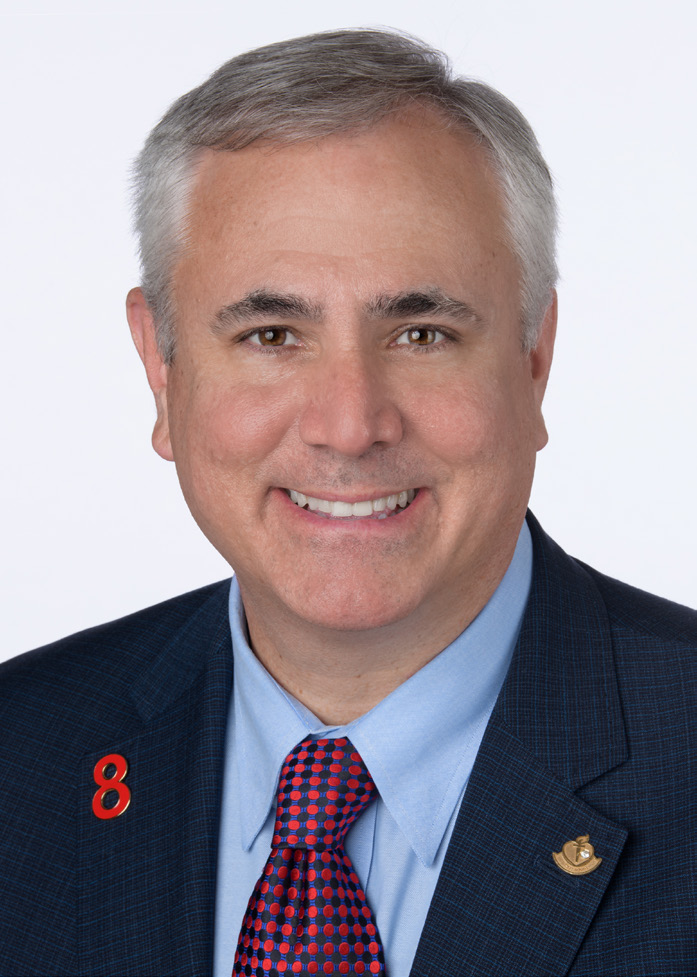New Study Seeks to Understand the Links between Social Drivers of Health by Investigating Cardiovascular Health in Young Adults
Photo by Hush Naidoo Jade Photography on Unsplash
Research
New Study Seeks to Understand the Links between Social Drivers of Health by Investigating Cardiovascular Health in Young Adults
Detailing childhood social determinants helps target those factors that drive cardiovascular disease in adulthood
Cardiovascular disease (CVD) remains the leading cause of death and disability for adults in the U.S. Recent projections from the American Heart Association suggest that by 2050, more than 45 million American adults will have clinical CVD and more than 184 million will have hypertension. As a result, inflation-adjusted direct health care costs related to CVD risk factors are projected to triple between 2020 and 2050, to $1.34 trillion annually, and direct costs related to clinical CVD conditions are projected to rise from $393 billion to $1.49 trillion. Thus, understanding early-life determinants of cardiovascular health behaviors and health factors are of particular interest.
In the first prospective study of social determinants from birth, and how they impact young adult cardiovascular health, researchers from Boston University Chobanian & Avedisian School of Medicine and colleagues are investigating the upstream causes of cardiovascular disease — the factors that drive poor diet, a sedentary lifestyle, nicotine exposure, poor sleep, obesity, and adverse blood cholesterol, blood pressure and blood glucose levels. Known as the Future of Families Cardiovascular Health Among Young Adults (FF-CHAYA) Study, a new paper describes the rationale, study design, methods and characteristics of the FF-CHAYA cohort, a novel longitudinal study designed to examine associations of childhood social determinants with young adult cardiovascular health and early arterial injury.
 Donald Lloyd-Jones, MD, ScM
Donald Lloyd-Jones, MD, ScM“In recent years, social determinants of health (SDoH) have received significant attention as upstream societal and structural factors that drive the propensity for beneficial or adverse health outcomes. While data on SDoH among middle-aged adults is increasingly available, as are longitudinal associations with downstream health outcomes, investigations examining the full array of SDoH in children and prospective associations with health outcomes is rare,” explains corresponding author Donald Lloyd-Jones, MD, ScM, professor of medicine at the school and director of the Framingham Heart Study.
Using the largest and longest running study of a representative group of children born between 1998-2000, the researchers examined more than 2,000 young adults (average age 23 years) from 22 cities across the U.S. who had been followed since birth. Families provided information on socioeconomic status, neighborhood conditions, environmental exposures, schools, behavior and other psychosocial factors up to seven times during early life. As young adults, all participants answered detailed questions about health status and health behaviors, and three-quarters of them had in-person examinations with checks on height, weight, body shape, blood pressure and blood drawn for clinical measures. Those same young adults also underwent sophisticated ultrasound imaging of the carotid arteries in the neck to look for signs of early arterial injury. The researchers are now linking their detailed sociological data with state-of-the-art, quantitative measures of cardiovascular health in young adulthood.
According to the researchers, detailing childhood social determinants helps target those factors that drive poor cardiovascular health across the life course. “Ultimately we hope it will guide pediatricians, family practitioners and even public health policy makers to those things that will launch children into better lifelong health trajectories,” adds Lloyd-Jones.
These findings appear online in the Journal of the American Heart Association.